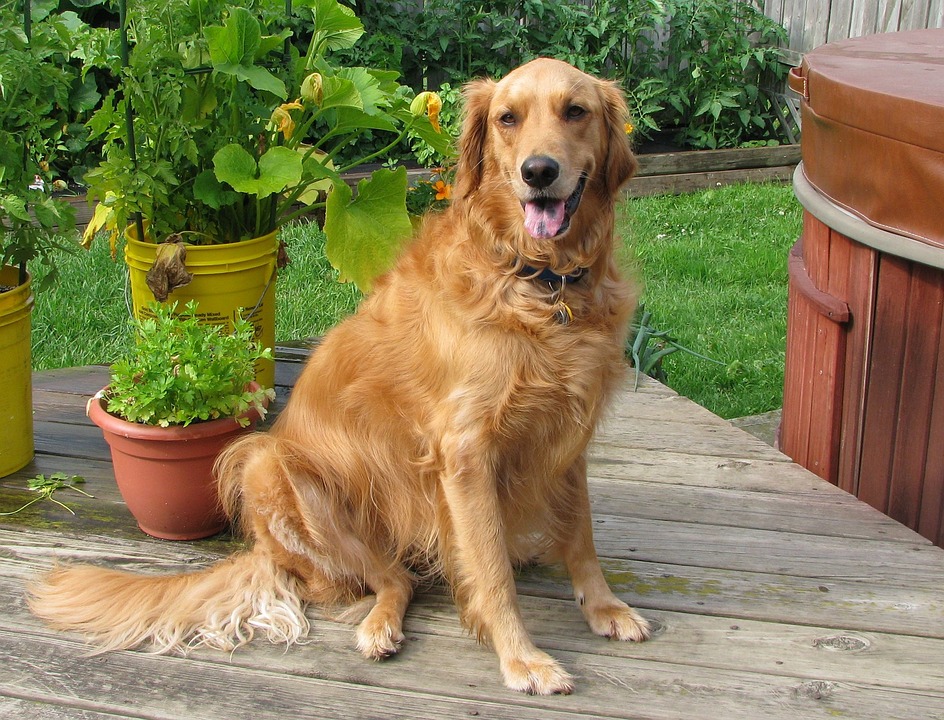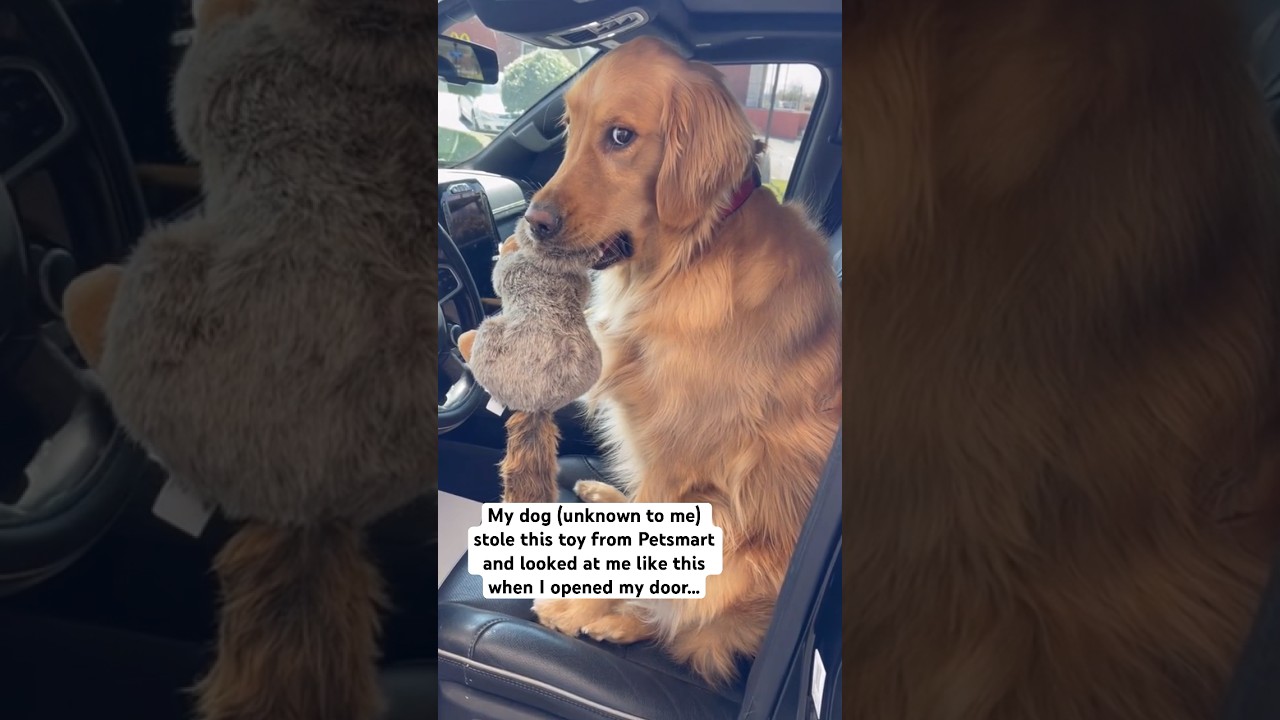How to Detect and Treat Histoplasmosis in Golden Retrievers
Introduction
Golden Retrievers are popular dogs known for being friendly and playful. However, like all dogs, they can get sick. One illness that can affect Golden Retrievers is called histoplasmosis. This is a type of infection caused by breathing in tiny spores from a fungus called Histoplasma capsulatum. It mainly affects their lungs. In this article, we will learn how to find and treat histoplasmosis in Golden Retrievers to keep them healthy and happy.
Detecting Histoplasmosis in Golden Retrievers
Finding histoplasmosis in dogs can be difficult because the symptoms can be like other breathing problems. However, there are signs to look out for that might show your Golden Retriever has histoplasmosis:
1. Respiratory Symptoms
If your Golden Retriever has histoplasmosis, they might cough, wheeze, have trouble breathing, or sneeze a lot. If you notice any strange changes in their breathing, you should talk to a vet.
2. Not Eating and Losing Weight
Histoplasmosis can make Golden Retrievers lose their appetite and become very thin. If your dog suddenly isn’t interested in food or is losing weight fast, it might be because of the infection.
3. Being Tired and Weak
Dogs with histoplasmosis may feel tired and weak. They won’t have as much energy as normal. If your usually energetic Golden Retriever seems slow, tired, or weak, you should think about the possibility of histoplasmosis.
4. Swollen Lymph Nodes
Histoplasmosis can make a Golden Retriever’s lymph nodes get bigger. Lymph nodes are found near the throat, behind the knees, and at the back of the hind legs. If you feel any lumps or see any swelling, talk to a vet.
5. Eye Problems
Sometimes, histoplasmosis can affect a Golden Retriever’s eyes. They might have blurry vision, redness, or discharge. If you notice anything unusual with their eyes, get help from a vet.
Treating Histoplasmosis in Golden Retrievers
Once a vet diagnoses histoplasmosis, it’s important to start treatment right away. The treatment will depend on how bad the infection is. Here are some common ways to treat histoplasmosis in Golden Retrievers:
1. Antifungal Medicines
Vets usually give dogs antifungal medicines to treat histoplasmosis. These medicines, like itraconazole or amphotericin B, help get rid of the fungus in their body. It’s important to follow the vet’s instructions for the right amount and length of time to give the medicine.
2. Taking Care of Your Dog
Taking care of a Golden Retriever with histoplasmosis is important for their recovery. They should have a clean and comfy place to stay, plenty of fresh water, and food that’s easy to eat. Resting and keeping them calm is also good for them.
3. Checking with the Vet
During treatment, regular check-ups with the vet are important. They will keep an eye on your dog’s progress, do tests if needed, and adjust the treatment as necessary. It’s important to listen to the vet and finish the treatment, even if your dog starts feeling better.
4. Watching for the Infection to Come Back
Sometimes, histoplasmosis can come back even after treatment. It’s essential to watch for any new symptoms or if the old ones return. If you notice anything concerning, contact your vet right away.
FAQs about Histoplasmosis in Golden Retrievers
Q1: Can histoplasmosis be prevented in Golden Retrievers?
A1: It’s hard to prevent histoplasmosis completely. It usually happens when dogs breathe in spores from contaminated places with bird or bat droppings. You can reduce the chance by avoiding heavily contaminated areas.
Q2: Can humans get histoplasmosis from infected Golden Retrievers?
A2: Humans can’t get histoplasmosis directly from dogs. But if humans touch infected dog poop or things the dog breathes on, they can get sick. It’s important to practice good hygiene, like washing hands, when dealing with an infected Golden Retriever.
Q3: Are Golden Retrievers more likely to get histoplasmosis than other dogs?
A3: There isn’t clear evidence that Golden Retrievers get histoplasmosis more than other dogs. Any dog can get the infection if they breathe in the spores.
Q4: Can dogs spread histoplasmosis to other dogs?
A4: Dogs can’t give histoplasmosis directly to other dogs. They usually get it from the environment by breathing in the spores.
Q5: Can histoplasmosis be cured completely?
A5: Most of the time, histoplasmosis can be treated and go away. But sometimes it can come back, so it’s important to keep watching for any signs and visit the vet regularly.
Conclusion
Histoplasmosis can be hard to find and treat in Golden Retrievers. As responsible dog owners, we need to learn the signs and symptoms of this infection and get help from a vet if we think our dogs have it. Treatment usually involves giving antifungal medicines and taking good care of the dog. Regular check-ups with the vet are important, and we should look out for any signs of the infection coming back. By finding and treating histoplasmosis early, we can make sure our Golden Retrievers stay healthy and happy.
















